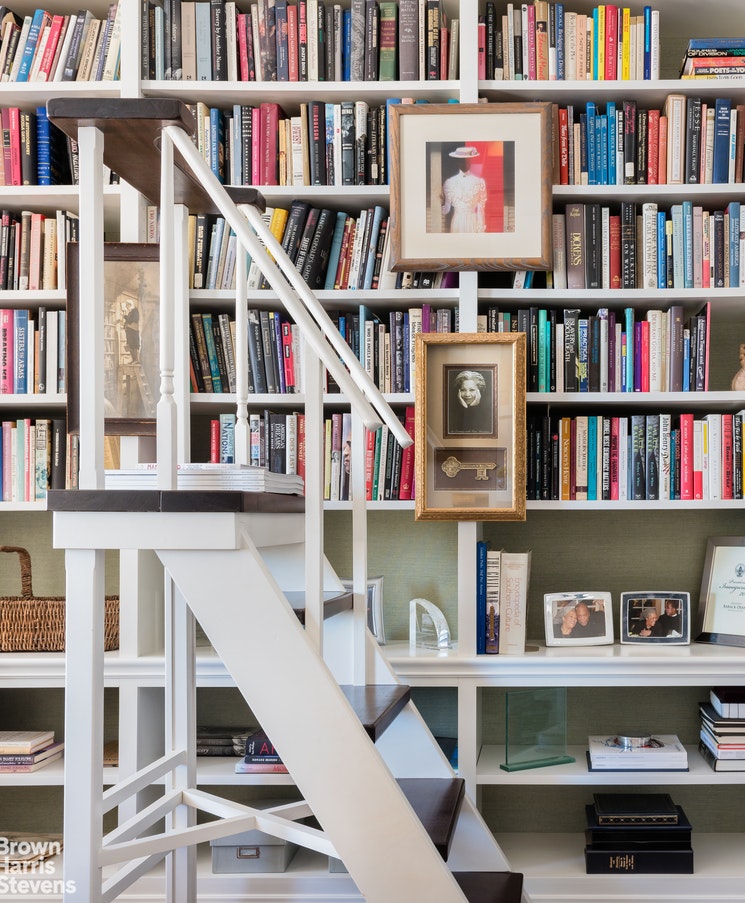
Images by Brown Harris Stevens
I will tell you how I began to be a writer.
I was a reader.
Those of us who might have grown up harboring literary ambitions may have been humbled and inspired when we first read Toni Morrison. She proves over and again, in novels, essays, and otherwise, the courage and dedication that serious writing requires. She has also shown us the courage it takes to be a serious reader. “Delving into literature is not escape,” she said in a 2002 interview. It is “always a provocative engagement with the contemporary, the modern world. The issues of the society we live in.”
In her seminal text on reading, Playing in the Dark: Whiteness and the Literary Imagination, Morrison showed us how to read as she does. “As a reader (before becoming a writer),” she wrote, “I read as I had been taught to do. But books revealed themselves rather differently to me as a writer,” in the space of imaginative empathy. “I have to place enormous trust in my ability to imagine others and my willingness to project consciously into the danger zones such others may represent for me.”
Critical readers risk vulnerability, open themselves to shock and surprise: “I want to draw a map… to open as much space for discovery… without the mandate for conquest.” This attitude makes criticism an act of “delight, not disappointment,” Morrison wrote, despite the different, and unequal, positions we come from as readers. “It’s that being open,” she said in 2009, “not scratching for it, not digging for it, not constructing something but being open to the situation and trusting that what you don’t know will be available to you.”

Want to learn to read like that? You can. And you can also, if you have the cash, own and read the books in Morrison’s personal library, the books she thumbed over and read in that same spirit of critical empathy. The over 1,200 books collected at her Tribeca condo can be purchased in their entirety for a price negotiated with her family. In the photos here from realtor Brown Harris Stevens, who currently list her five million dollar, 3 bedroom apartment in a separate sale, certain titles leap out from the spines:
Biographies of Paul Robeson and Charles Dickens, Adam Hochschild’s King Leopold’s Ghost, Eric J. Sundquist’s To Wake the Nations, Angela Davis’ An Autobiography, Cornel West’s Democracy Matters. (Her library seems to be enviably alphabetized, something I’ve meant to get around to for a couple decades now….)
Michelle Sinclair Colman at Galerie lists several more titles in the library, including The Original Illustrated Sherlock Holmes, “books about and by the Obamas and the Clintons, W.E.B. DuBois, Langston Hughes, Zora Neale Hurston, Gayl Jones, Henry Dumas, James Baldwin, and Mark Twain.” On her nightstand, undisturbed, sit Robert A. Caro’s biography of Lyndon Johnson, David Maraniss’s Barack Obama: The Story, and Stephen King’s Revival.
Some other points of interest:
- She owned a beautiful gold illustrated copy of Song of Solomon with the bookmark on Chapter Four.
- She displayed multiple-framed Dewey Decimal catalog library cards of her novels.
- She edited as she read.
And…
- She had a few never-returned library books. The most interesting was a copy of her own book, The Bluest Eye, from the Burnaby Public Library with copious notes, underlines, cross-outs on every single page.
Were these her own notes, underlines, and cross-outs? It isn’t clear, but should you purchase the library, which cannot be pieced out but only owned as a whole, you can find out for yourself. We hope this historic collection will one day end up in a library, maybe digitized for everyone to see. But for now, those of us who can’t afford the purchase price can be content with this rare glimpse into Morrison’s sanctuary, where she did so much writing, thinking, and maybe most importantly for her, so much reading. Images on this page come from Brown Harris Stevens.

Related Content:
Toni Morrison Deconstructs White Supremacy in America
Toni Morrisson: Forget Writing About What You Know; Write About What You Don’t Know
Toni Morrison Dispenses Sound Writing Advice: Tips You Can Apply to Your Own Work
Josh Jones is a writer and musician based in Durham, NC. Follow him at @jdmagness.


Leave a Reply